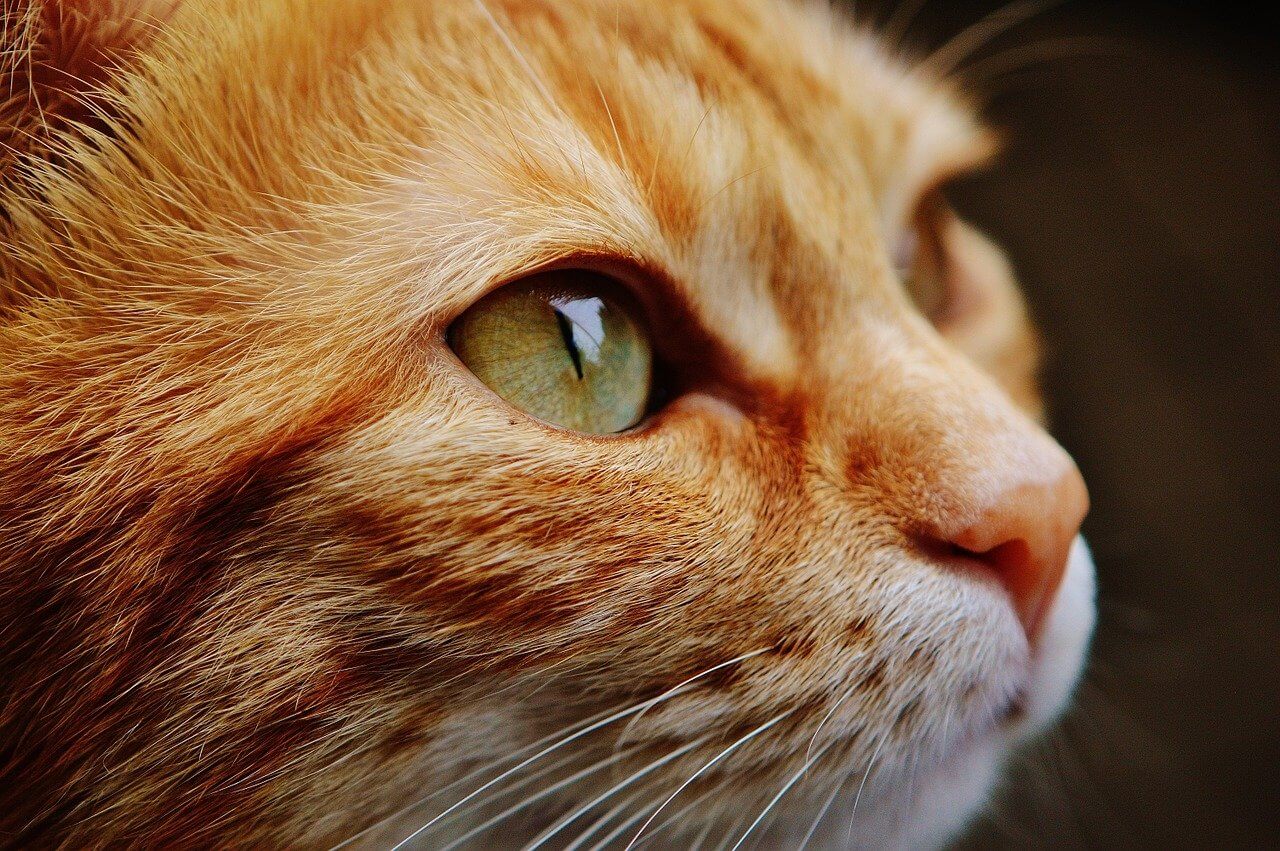Seizures and for our furry friends, but they can present terrifying experiences for cat owners.
While this electrical imbalance in their brain causes a wide range of symptoms and reactions, parents need to understand their cat’s condition to respond most effectively.
Let’s clear up any confusion about cat seizures and discuss potential causes and treatments for our furry friends.
Causes of Cat Seizures
Cat seizures have a wide array of potential causes, and that can make diagnosing them at home difficult.
The causes of these seizures could be rooted in but not limited to inflammation, brain tumors, brain trauma, liver disease, kidney disease, high blood pressure, consuming non-cat medicine, and cat epilepsy.
As disappointing as it is, cat epilepsy just means that the veterinarians don’t know what causes the seizures. If you ever see your cat have a seizure or even suspect that they did, immediately take them to the vet to get a diagnosis for your cat’s health.
Another important aspect of understanding seizures in cats and cat epilepsy is the way that seizures can manifest. The two main forms are general and partial seizures.
General is the type of seizure you would expect to see. Symptoms include collapsing, shaking, loss of awareness, and sometimes urination and defecation. This is by far the most common type of seizure.
Partial seizures are much rarer and much more difficult to diagnose. They can include excessive vocalization, drooling, facial twitching, and more.
How to Help Your Cat
There’s nothing that we as cat parents want more than to help our pets as they go through a seizure, but you need to know the best way to help them. there are a few basic steps to take to ease your cat’s stress levels and perhaps shorten the seizure lengths.
While taking note of how long the ordeal lasts, do not touch or move your cat in any way. You’ll also want to reduce or remove any stimulants, turning off loud music, TVs, or lights that might be inducing the seizure.
If your cat’s seizure is longer than five minutes, they are in status epilepticus and need immediate professional care. Make sure you’re paying attention to the clock, and be prepared to call emergency pet services if it goes longer than 5 minutes.
Cat Seizure Treatment
In the same way that what causes cat seizures varies, seizure treatment can vary too. As of now, there is technically no certain, end-all cure for seizures in cats. Anticonvulsant medications have been popular for a long time for cats, and while they don’t cure seizures, many owners have seen a decrease in seizure regularity and intensity when on these medications.
A newer treatment option that has a lot of promise for epileptic cats has been picking up steam lately too. CBD for cats may help with symptoms and allow cats to continue living happy and healthy lives.
Help Heal Your Cat
Whether you’re ready to commit to a treatment for your cat or you have more questions, your cat’s health is absolutely the number one priority. For more information and tips on cat seizures, please check out the rest of our blog!




